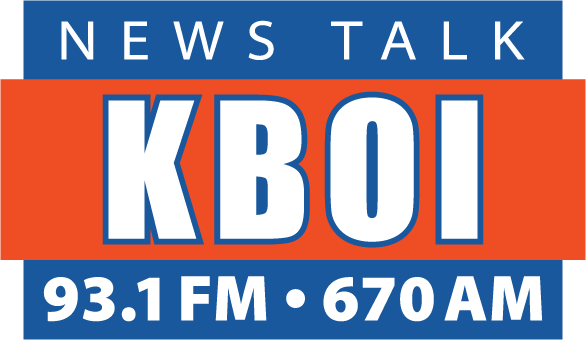I found out I needed glasses when I was in the fifth grade. I was sitting in the stands at a high school football game with my dad, and I asked him, "Why don't they make the players' numbers large enough to be seen from the bleachers?"
He asked me what I meant. "It's too far away to see the numbers clearly," I said. "They need to be larger so you can tell who the players are."
So my dad handed me his eyeglasses. "Try these on," he said. Three seconds later, I realized that the only person who couldn't see the numbers clearly was me.
As it happened, we had our eyes checked at school just a few days later. When it was my turn to look at the eye chart, the school nurse asked me to read the lowest line I could. With both eyes open, I read the fourth line down. Then she had me cover up my right eye. I still was able to read the fourth line from the top. Then she had me cover my left eye. I told her that I knew the letter at the top was an "E", but it looked like it was just a square. And I couldn't read line two at all. I went home with a note. It said to make an appointment with the eye doctor.
I wore glasses from fifth grade in 1975 until 2001, just a few months after I started working at KBOI. An eye doctor in town was looking for someone willing to have lasik eye surgery and talk about it on the radio. I signed up, and the surgery was a great success. My vision was nearly perfect for about a year. Then my right eye, the bad one, started to fade on me again. I had been told that that might happen, so I didn't think anything about it. Eventually, I began to squint a lot.
After a few years of squinting, I went back to the eye doctor. He seemed surprised that my eyesight was deteriorating so quickly. I wore contact lenses for about a year, but before I long I couldn't see any better with them than without them, and I stopped wearing them and went back to squinting.
Fast-forward to 2015. I finally got tired of not being able to see anything. I couldn't read signs while I was driving. I couldn't read words off a computer monitor in front of my face without a struggle. And I was really tired of watching blurry images on a high-definition 42-inch TV. I went back to the eye doctor, and I learned some new stuff. For instance, in 2015 they now know that not everyone is a good candidate for lasik eye surgery. They also now know that I was one of those not-so-good candidates.
Anyway, I'm wearing glasses again, and they've improved my eyesight by about two percent. That's all. My prescription is as strong as it can get without forcing me to see a word filled with nothing but distorted shapes. And by distorted, I mean that with a slightly-stronger pair of glasses I could sit down at a flat table and wonder why both ends of it seem to be almost touching the ceiling. That's distorted.
But enough about me. I've only related the story of my eyesight because I recently read the results of a survey claiming that wearing glasses really does make you look smarter. The survey was taken in 2011 and found that 43 percent of people think glasses absolutely make you look more intelligent. And here are four more things that can make you appear smarter.
1. Walking at the same speed as other people. The survey found that when you walk faster or slower than the people around you, you're seen as less intelligent and less competent than when you walk at the same pace. I don't know why this is, but it's changed the way I walk forever. I used to tend to lag behind. Not anymore.
2. Avoiding alcohol. This seems fairly obvious, but it's not just because you act dumber when you've been drinking. The survey found that simply holding a drink makes you seem less intelligent. I'm not completely sure I agree with this one. I keep imagining a professor holding a martini at a cocktail party. To me, he still seems pretty smart.
3. Using your middle initial. As part of the study, people's writing samples were rated more favorably when a middle initial was included in their byline. So call me Chris G. Walton.
4. Avoiding using big words. This one's a little weird, because you'd think that using big words would make you seem smarter. But the study found that the opposite is actually true. Simple writing and speaking actually make you seem more intelligent than people who jam in a bunch of big words that other people don't understand.
That's all the survey reported. All I have to add is this quotation from Abraham Lincoln, which, despite my radio job I've always thought was really good avice: "It is better to remain silent and be thought a fool than to speak and remove all doubt."
Amen, Abie.








